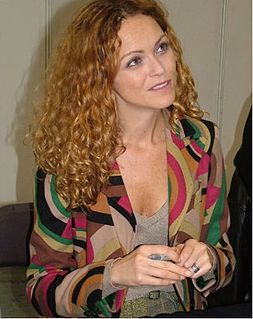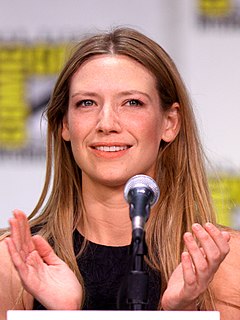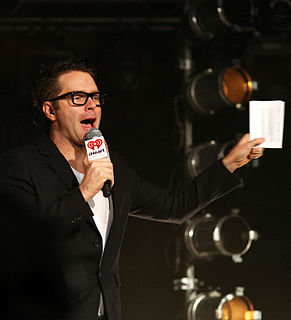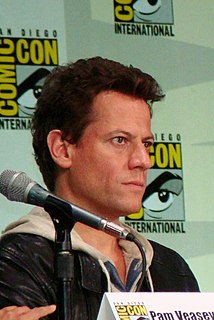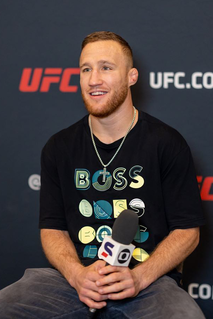A Quote by Patti Harrison
A lot of what I think is funny is usually through some sort of character, or speaking earnestly one second and then saying something obviously joking.
Related Quotes
You are playing a character obviously, and everything you are saying is filtered through that person. It is not you that is saying it. It is filtered through a character that doesn’t have your own set of values - so it is not really odd. Inevitably we help each other with a lot of line-learning. Plus there is a familiarity which is quite nice. We have done TV together before.
Once you click into a character, to a certain degree, you can do a lot else. You can do other stuff, then come back and click right into the character. It's sort of funny that way, the way the mind works. Once it's there, it's sort of there. For the stage, for example, all through the day, you're not onstage. You're living your life, la-la-la, then the lights go down, then boom! All of a sudden, you're in this thing. There's a kind of reflex muscle trigger that happens, and all of a sudden you're back into the role. It's just getting there in the first place that's tricky.
As an actor you bring some of your own experiences which can make things easier. You build off of it, but your imagination is always the best thing you have as far as creating things I think specifically for what that character is going through. But you're definitely drawing obviously upon things that you can connect to, and then you kind of mold the change that you're making into something that's right for the character.
The first thing that happens is the cleansing of the former character. I don't think a lot of actors talk about it, but there is usually a process where you essentially purge yourself of the character played prior to the movie. Then you want to think about what the character represents, and you write down all of the elements about this character and then take the time to find some synchronicity and start breathing the character.
I'm not a big dreamer. I never have been.The only thing I've sort of obviously extracted from the research of dreams is that I don't think there's a specific science you can put on dream psychology. I think that it's up to, obviously, the individual. Obviously, we suppress things, emotions, things during the day - thoughts that we obviously haven't thought through enough, and in that state of sleep when our subconscious or mind just sort of randomly fires off different surreal story structures, and when we wake up we should pay attention to these things.
One of the things that is always difficult about a collaboration is that you don't necessarily find the same thing funny. And so the challenge becomes, how do you tell the other person that you don't think something's funny? The best collaborations tend to be when you are willing to be told that. But there's also ego involved, and so there's a lot of frustration in knowing that you're writing something, and the other person, on some level, needs to think that it's funny.
The actors come in and they make characters their own and so Patrick and I have never been the kind to think that our script is the bible. We want to make sure that the story is told, that you stick to the story but if you have to make changes to the character then that's fine. A lot of times there are some funny one-liners, funny things that happen that are out of the ordinary. I like it.
It's really an organic sort of process. You start off with the character on the page. You fall in love with that character and you have to represent that character well and I think it's just an evolution there. Using the accent and speaking the lines with the accent in fact opens the door to who the character really is.

